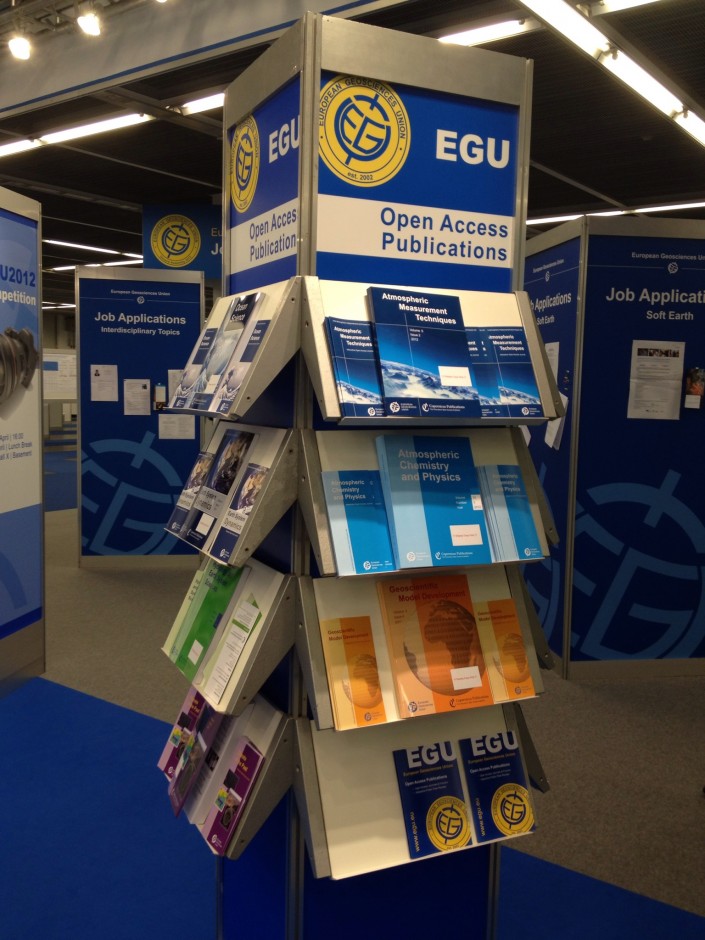To commemorate approaching the magical 1,000-follower mark on Twitter, the EGU is happy to launch its online journal club! This relatively new concept has proven to be very popular in other areas of science and we’re keen to see how it evolves within the rapidly growing EGU online community.
How does it work?
Initially, we will present you with a publicly accessible journal article (likely from an EGU publication), you read it, then all of us ‘discuss’ it on Twitter at a specified time using a specific hashtag (#egutjc). The Storify transcript of the event will subsequently be published on our blog. As the club progresses, you will be asked to recommend articles for discussion based on your own interests and expertise.
How long do we get to read the article?
You will get around a week to read each article before the discussion takes place.
How long is the discussion?
The formal portion of the discussion will last one hour but, if there’s more to say, feel free to continue for longer.
Will we be provided with background information?
Yes, we will precede each discussion by tweeting any relevant links and information we can find – and we hope you will do the same. The announcement of the article will be accompanied by a short summary as well as discussion points to get you started.
Sounds great! When does it start?
Soon! The first article will be divulged on GeoLog and Twitter on Friday 15 June. The first journal club discussion will take place on Thursday 21 June at 17:00 CEST, allowing even our most distant North American friends to join in from the breakfast table.
What if I have more questions?
Please email the EGU’s Science Communications Fellow Edvard Glücksman with further questions.


Pingback: GeoLog | Roundup of EGU Twitter Journal Club 1
Pingback: GeoLog | Roundup of EGU Twitter Journal Club 4